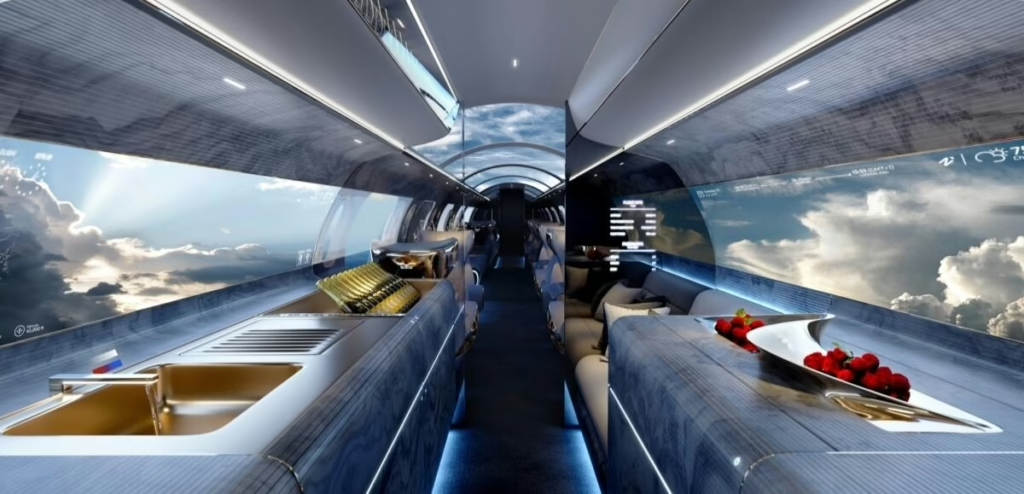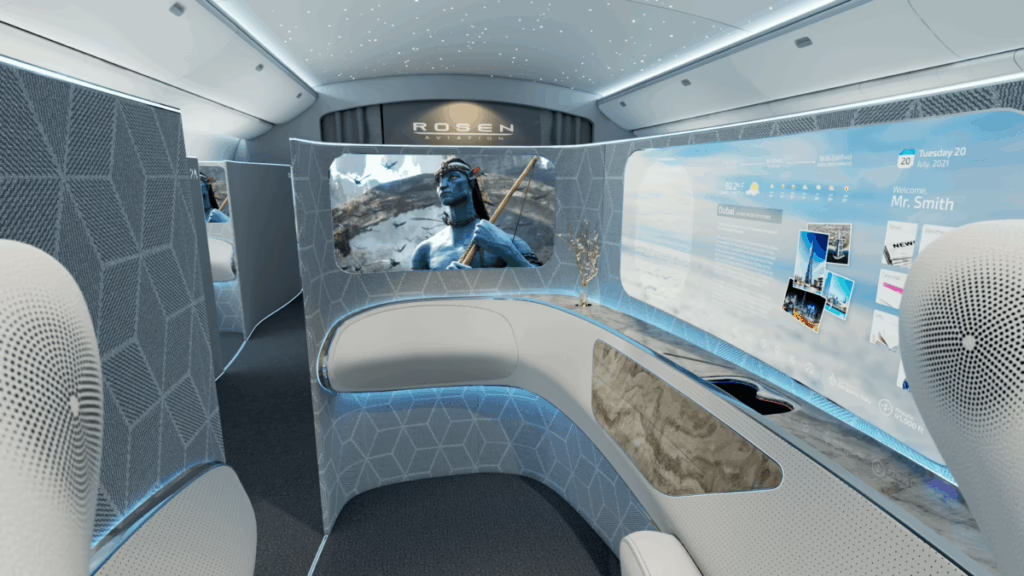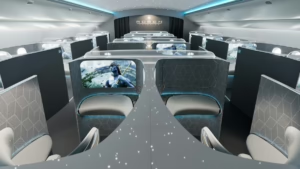Heico Corporation announced today the acquisition of Rosen Aviation, a well-known designer and manufacturer of in-cabin display and control panel systems for business and VVIP aviation markets. The deal was executed through Heico’s subsidiary, Mid Continent Controls (MC2), with the entire ownership interest of Rosen purchased for an undisclosed amount in cash.

While specific financial terms of the transaction were not released, Heico confirmed that the acquisition is expected to be accretive to its earnings within the first year. The move represents HEICO’s fourth acquisition in the last six months.
Founded and headquartered in Eugene, Oregon, Rosen Aviation has built a strong reputation in the aviation industry for its advanced in-flight entertainment (IFE) products, particularly high-resolution OLED displays and smart control systems tailored for luxury private aircraft. The company will now operate as a wholly owned subsidiary under MC2, itself a niche manufacturer of proprietary cabin power and entertainment components for the business jet market.
Heico and MC2 see the acquisition as an opportunity to unlock valuable synergies. By integrating Rosen’s high-end display technologies with MC2’s existing cabin systems portfolio, the companies aim to provide a broader suite of in-flight entertainment and cabin management solutions to aircraft manufacturers, operators, and completion centers. The combined product offerings are expected to enhance customization, innovation, and system integration for premium aviation interiors.
In a joint statement, Heico emphasized the strategic importance of aligning Rosen’s cutting-edge designs with MC2’s specialized components to better serve the growing demands of the luxury aviation market. As in-flight experience becomes an increasingly critical factor for high-net-worth travelers and corporate aviation clients, the partnership aims to position itself at the forefront of cabin technology development.

Aviation display technologies have become central to the in-flight experience, with both commercial airlines and private jet manufacturers investing heavily in state-of-the-art systems. As the expectations of air travelers continue to rise, particularly among business and luxury clientele, display technologies now play a key role not only in entertainment but also in comfort, personalization, and connectivity.
In the commercial aviation space, first-class cabins have made significant advances in display integration. Seatback screens in premium cabins typically offer up to 32-inch displays with full HD or 4K resolution, complemented by touch capability and curated media libraries. Some airlines, such as Emirates, have introduced virtual windows in interior suites, enhancing the passenger experience by simulating exterior views. However, these systems are still largely standardized, with limited options for personal content integration or real-time customization beyond airline-provided interfaces.
Private aviation has responded with a more tailored approach, often positioning itself at the forefront of in-flight technology innovation. Rosen Aviation highlights this contrast through its focus on advanced OLED display systems. According to Rosen, private jets can now be outfitted with custom OLED screens up to 97 inches, offering ultra-thin profiles and 4K resolution. These displays are not only larger than those found in first-class cabins, but also more deeply integrated into the cabin experience, enabling passengers to mirror personal devices, control settings via mobile apps, and even interact with AI-driven dashboards and holographic features.
While commercial airline IFE is generally designed for individual users and subject to bandwidth and content restrictions, the systems in private jets are built for broader flexibility. Rosen emphasizes that its displays are part of fully networked cabin environments, allowing for synchronized content viewing, immersive VR experiences, and multi-user audio-visual setups. Additionally, the company notes that its OLED panels are designed to be energy-efficient, contributing to more sustainable operations despite the higher environmental impact often associated with private jet travel.

